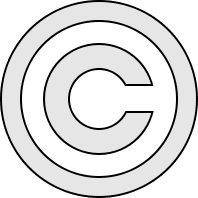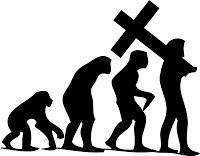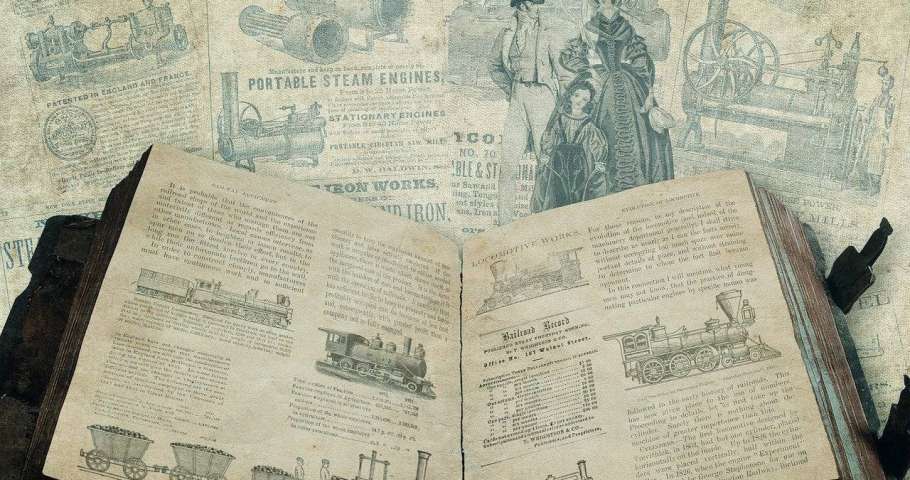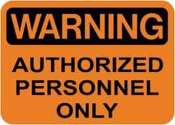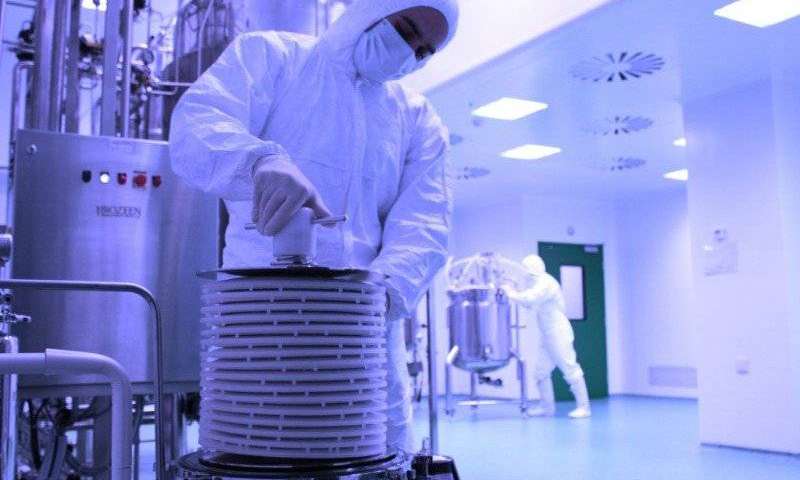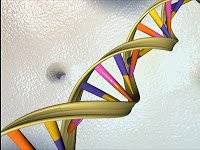This post was first published on 2nd February, 2011.
Intellectual Property Services is not a business of a few anymore. With the development of the IT and other R&D based business, there are any number of IP Service providers mushrooming around the IT and BP hubs. Therefore, there is a huge number to choose from and a person in need of such services is obviously sceptical about making the choice.
We are currently in the age of information and it…


